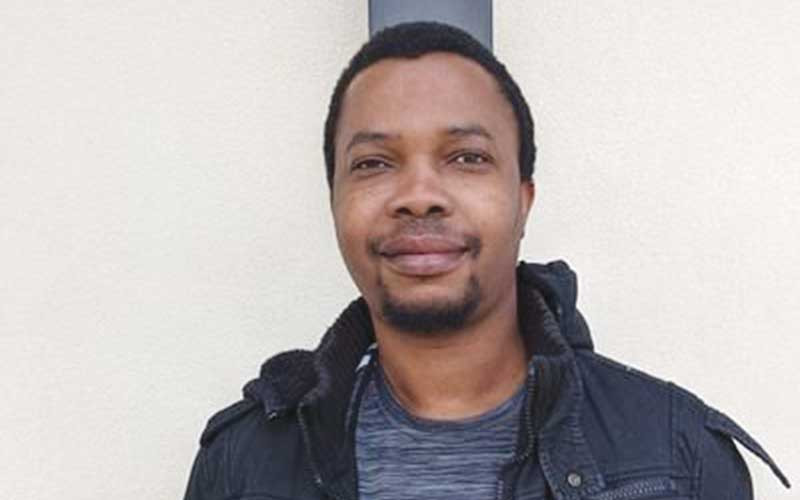
UNITED STATES-BASED Zimbabwean political activist and technology entrepreneur, Freeman Chari, has filed a High Court application seeking an order scrapping the controversial Criminal Law (Codification and Reform) Amendment Act from the country’s statutes.
President Emmerson Mnangagwa signed into law the Criminal Law (Codification and Reform) Amendment Bill, commonly referred to as the Patriot Act, into law in July this year.
The revised law provides for such severe penalties as 20 years in jail and revocation of citizenship for those charged with damaging the country’s interests.
It also stipulates the execution of any person found to have advocated for international sanctions which harm the country or its people.
The Bill was widely condemned, but sailed through the Zanu PF-dominated National Assembly and Senate, paving way for Mnangagwa to append his signature.
Chari, who is being represented by Obey Shava from the Zimbabwe Lawyers for Human Rights (ZLHR), said the Act infringed on his political rights, freedoms of association and assembly.
“Ciminal Law (Codification and Reform) Amendment Act puts a blanket ban on every activity aimed at changing the government even through legal channels as there is no distinction between constitutional and unconstitutional ways in which a government can be overthrown,” a statement issued by ZLHR read.
“Criticising and pointing out the shortfalls of the government should not be criminalised and that freedom of expression and of the media provides for the liberty to express oneself without being harassed or persecuted because of what one thinks and believes.”
- Mr President, you missed the opportunity to be the veritable voice of conscience
- ED to commission new-look border post
- Zanu PF ready for congress
- EU slams Zim over delayed reforms
Keep Reading
Chari said Zimbabweans should be given an opportunity to constitutionally express their ideas, thoughts and opinions without being censored.
“... hence the urgent need to have section 22A(2)(b) of the Criminal Law (Codification and Reform) Amendment Act declared unconstitutional and struck down as a piece of legislation in Zimbabwe.”
“The Criminal Law (Codification and Reform) Amendment Act falls short of the acceptable requirements for the limitation of his rights and that it is not fair, unreasonable and unnecessary, especially in light of the already existing section 22 of the Principal Act, which is more than capable of addressing any issues which triggered the enactment of the new piece of legislation,” Chari argues.
In court papers seen by NewsDay, Chari said the law was undemocratic.
“It is critical for me to mention that I belong to a generation of creative, exciting, intellectual and progressive society whose tools of trade are thoughts and opinions mainly expressed through words or writings.
“Criminalising the holding of thoughts and opinions is equal to wiping out or destroying this generation and most importantly, it flies across the spirit of section 61 of the Constitution,” stated Chari, who cited Justice minister Ziyambi Ziyambi and Attorney-General Virginia Mabhiza as respondents.
Noting that it is vague, he added: “In conclusion, I aver that this law, the amendment, is invalid because it is not sufficiently clear. After setting the applicable punishment, the amendment does not specify what is required or what conduct is punishable.
“I move the court to make a ruling that it is unconstitutionally vague. If allowed to stand, it will be used to punish justified exercise of constitutional rights. It lends itself to abuse by trigger happy law enforcement authorities.”
Opposition and human rights groups have been calling on Mnangagwa to repeal the Act, arguing that the new law is evidence that Zimbabwean authorities are bent on closing civic space as well as suppressing all forms of dissent.
In July, the Media Alliance of Zimbabwe) and journalist Zenzele Ndebele filed a High Court application arguing that the law is unconstitutional and vague.
Zanu PF activists have defended the law as necessary to punish citizens bent on pushing a regime change agenda with the West.
Under Mnangagwa, the democratic space has been shut down through controversial laws.










